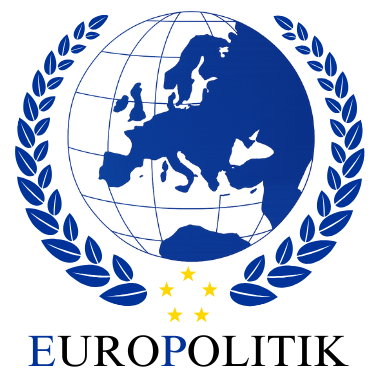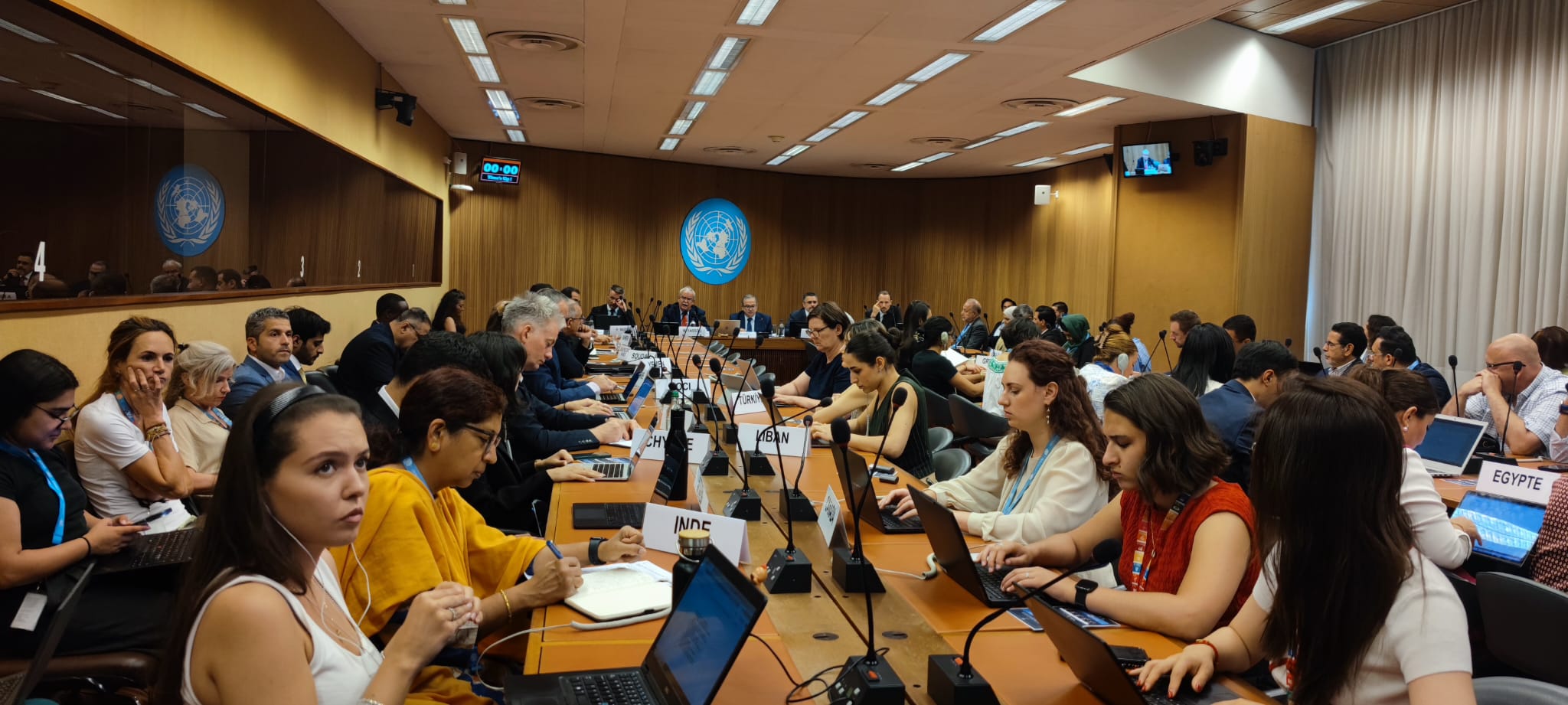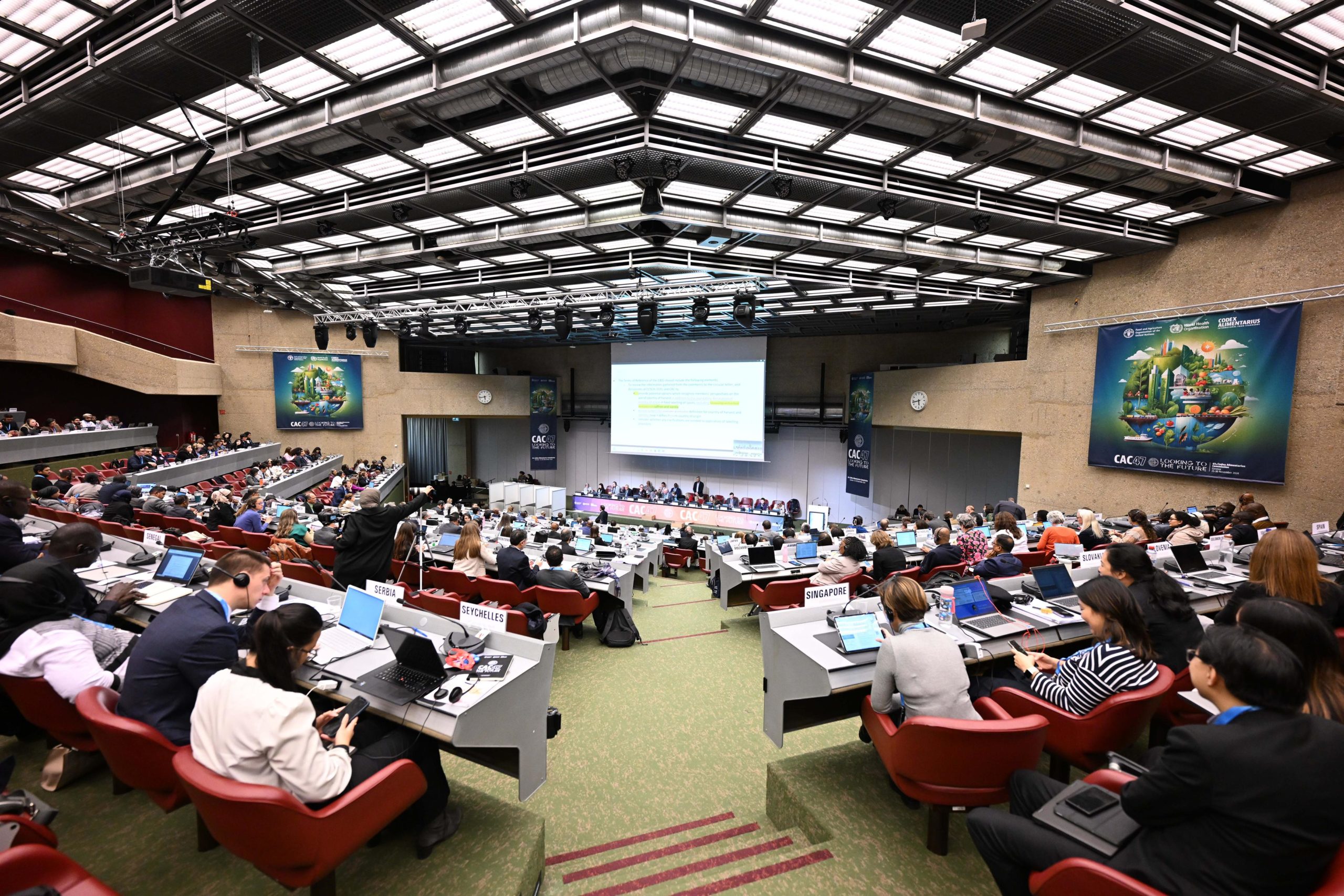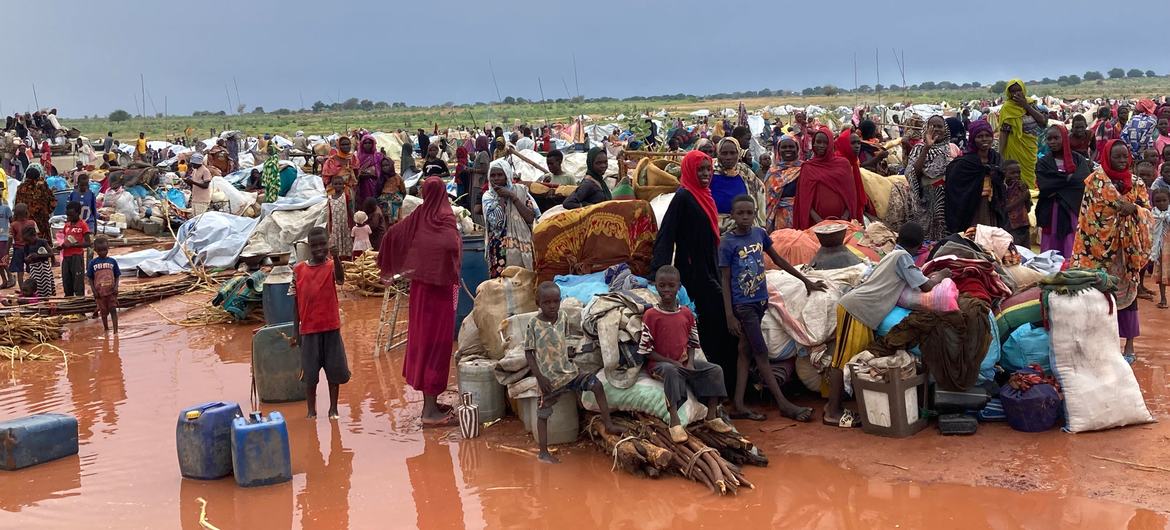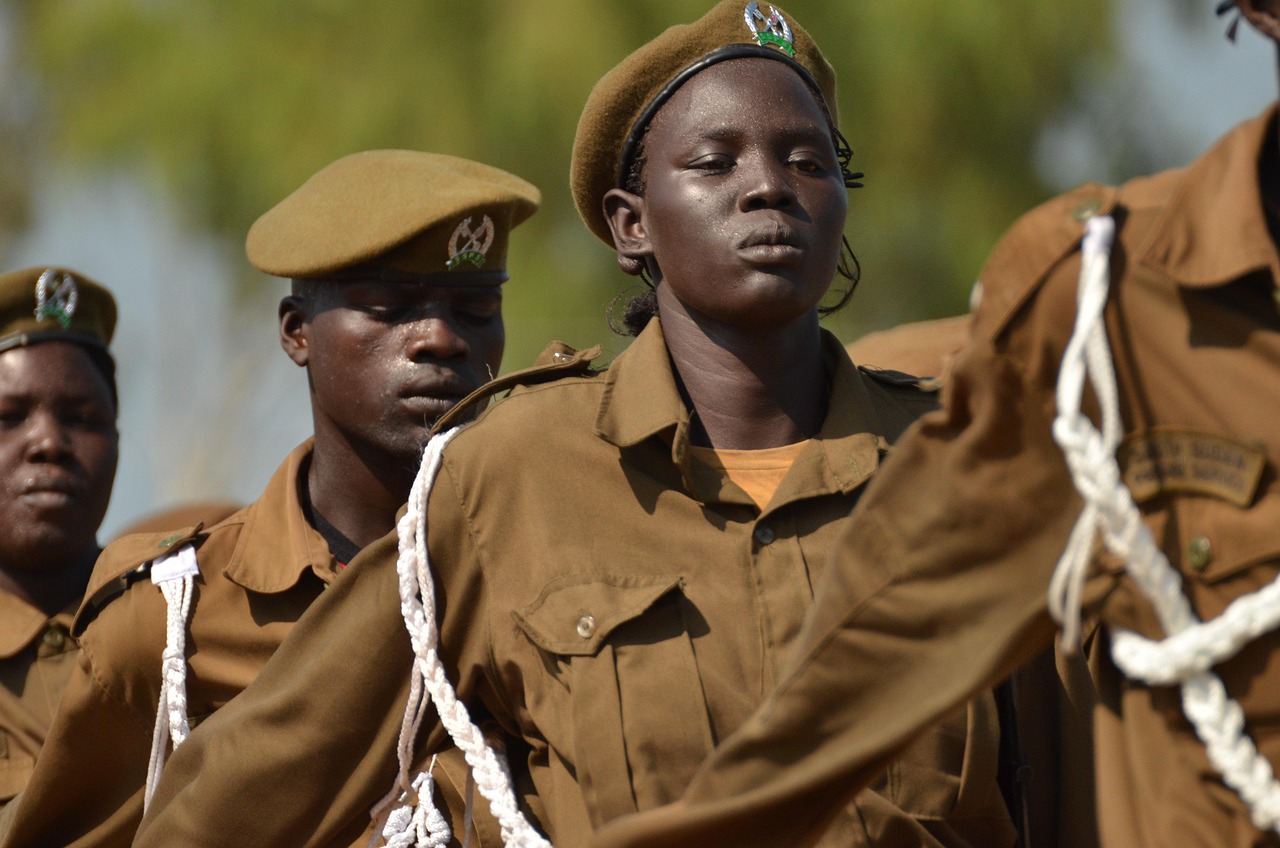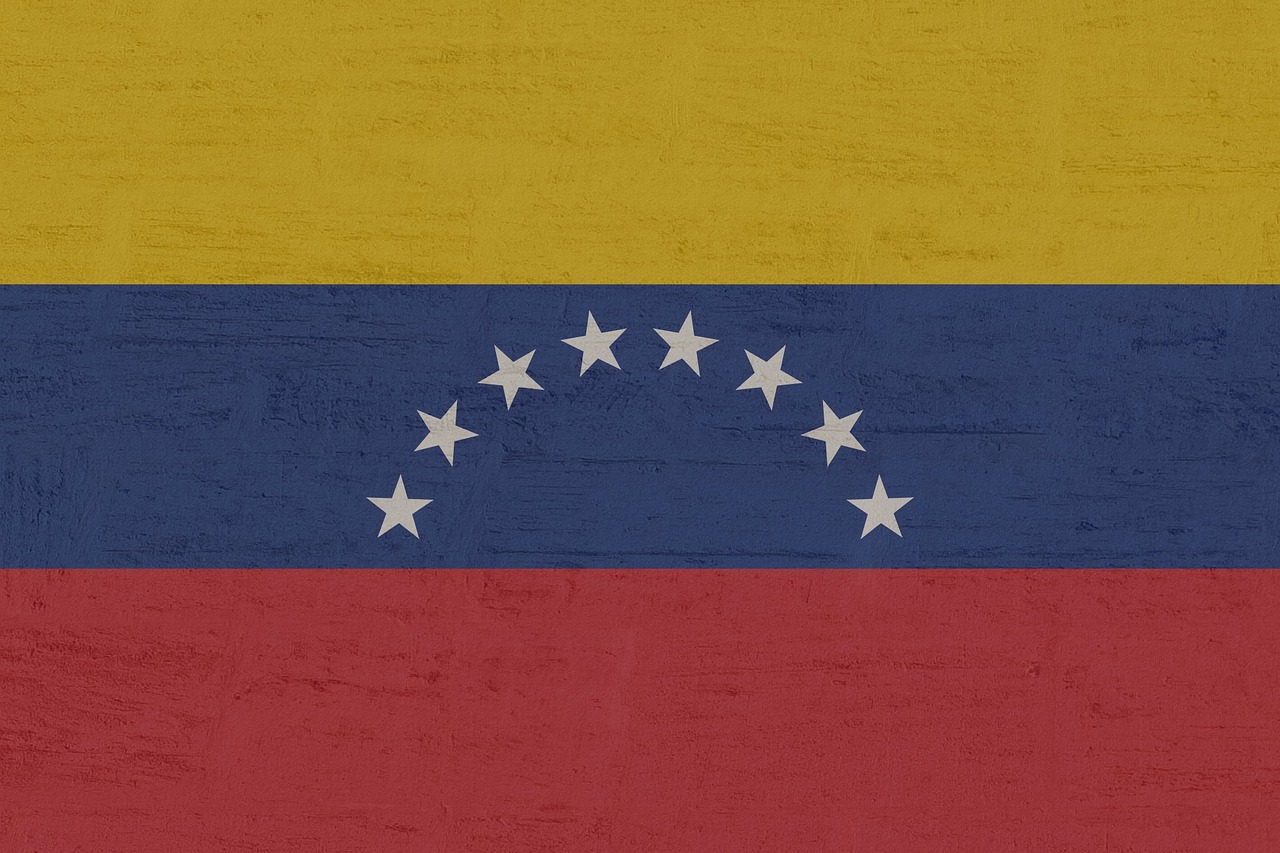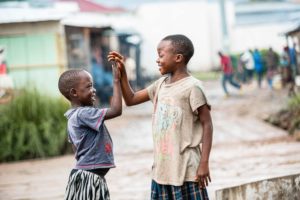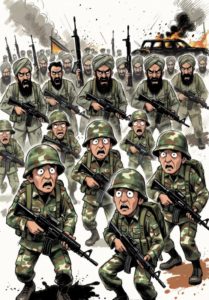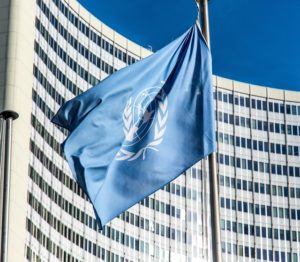As humanitarian crises multiply around the world, a high-level conference organized by the Permanent Mission of Kuwait in Geneva, with the participation of several United Nations agencies and international experts, issued an urgent appeal: humanitarian aid and the protection of its actors are no longer simply logistical considerations, but an essential legal and moral requirement. Moderated by Nawaf Naman, Vice-President of the Geneva Geostrategic Observatory, the side event entitled “Humanitarian Aid and the Protection of Personnel: A Pillar of Promoting Human Rights in Conflict,” was held on the sidelines of the 59th session of the United Nations Human Rights Council. It brought together a panel of experts from several UN entities—including the OHCHR, WHO, OCHA, and the mandate of the Special Rapporteur on the Right to Food—as well as representatives from the University of Geneva. The objective: to affirm that the obstruction of humanitarian aid and attacks on relief workers are serious violations of international humanitarian law, affecting the most fundamental rights—to food, health, water, and education.
Gaza: Symbol of a Global Crisis
In a video message, Dr. Michael Fakhri, UN Special Rapporteur on the Right to Food, denounced the use of hunger as a weapon of war in Gaza, citing a deliberate strategy of destroying food and health infrastructure to destabilize the population. He urged the international community to implement Security Council Resolution 2417 and advocated for the support of peacekeeping forces for aid convoys. The findings of Francesco Motta of the OHCHR are equally alarming: one million people are at risk of famine by September 2025, no hospital in Gaza is functioning at full capacity, and 377 humanitarian workers have been killed in 2024, including 168 UN personnel—a record.
Chilling Data and Calls for Justice
Dr. Altaf Musani of the WHO revealed that 8,630 attacks on health facilities have been recorded since 2018, causing more than 4,000 deaths. Gaza, the West Bank, Sudan, as well as Iran and Israel, are among the most affected areas in 2025.
For Professor Marco Sassòli of the University of Geneva, refusing aid on discriminatory grounds constitutes a double violation of humanitarian law. He called for the full implementation of Resolution 2730 (2023) to ensure the security and transparency of humanitarian operations.
Patrick Duplat, OCHA Advisor, highlighted the growing obstacles on the ground: political blockages, militarization of humanitarian corridors, and insecurity. He emphasized the need to maintain neutral and independent access, based on humanitarian principles.
A Moral, Legal, and Political Urgency
In conclusion, Nawaf Naman affirmed that humanitarian access is not a privilege, but a fundamental right. Failure to guarantee it is a political, but also a legal and ethical failure. He called for strengthening international frameworks, ensuring effective accountability, and placing human dignity back at the heart of humanitarian action.
